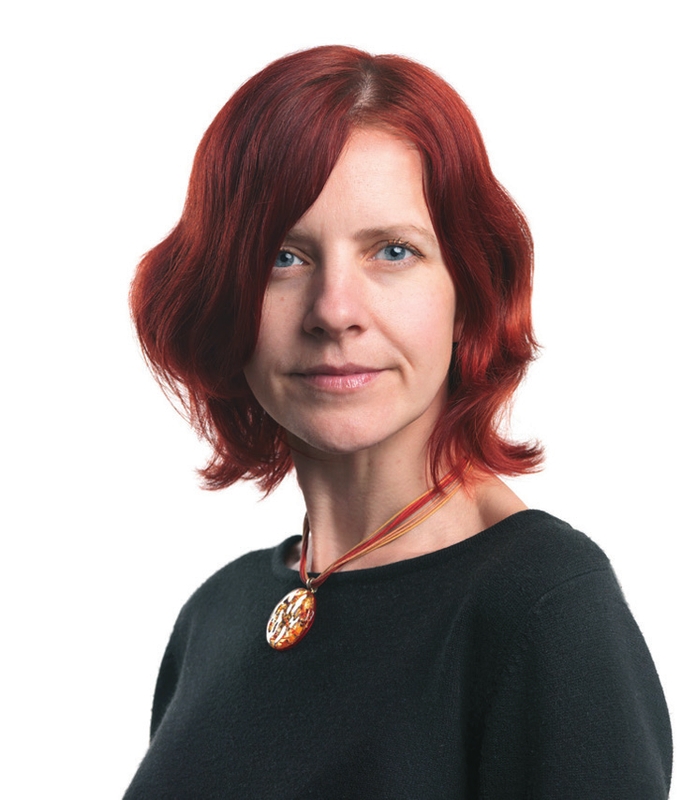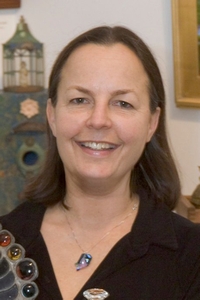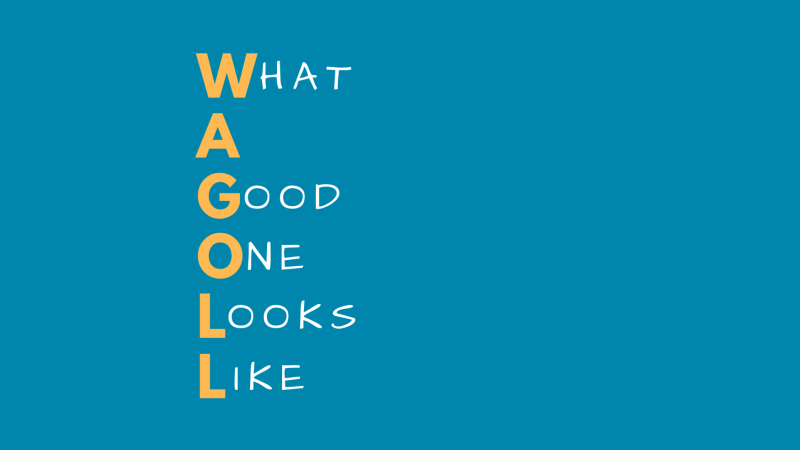Off The Shelves – Our Recommended Reads For August

The month's recommended reading for you and your secondary students…

- by Helen Mulley

 Readings for Reflective Teaching (ed. Andrew Pollard, Bloomsbury Education, £24.99)
So much to read; so little time. There are many good education blogs out there, including plenty that cite solid research from the likes of John Hattie and others. There are three problems though. First, it’s all a bit hit and miss as to whose work will be referred to by whom. Second, you have to accept the writer’s interpretation of what was said. And thirdly, there’s a fair chance that anyone who researched and wrote before the world wide web came into being won’t be mentioned at all.
Readings for Reflective Teaching (ed. Andrew Pollard, Bloomsbury Education, £24.99)
So much to read; so little time. There are many good education blogs out there, including plenty that cite solid research from the likes of John Hattie and others. There are three problems though. First, it’s all a bit hit and miss as to whose work will be referred to by whom. Second, you have to accept the writer’s interpretation of what was said. And thirdly, there’s a fair chance that anyone who researched and wrote before the world wide web came into being won’t be mentioned at all.
Short of joining an academic library and spending the next several years wading through everything, there was little you could do – until this book appeared. With representative readings from more than 120 experts spanning subjects such as pedagogy, assessment, expertise, professionalism, inclusion and more, this volume more than fills the gap. Whether you dip into it at random, or take a more methodical approach, this book will prove a very worthwhile investment. Reviewed by Terry Freedman
 The Boy at the Top of the Mountain (John Boyne, Doubleday Children’s, £11.10)
Nearly a decade after the publication of The Boy in the Striped Pyjamas, John Boyne returns to the topic of WWII; and this time, he seems determined to stretch his readers’ sympathy even further than before.
The Boy at the Top of the Mountain (John Boyne, Doubleday Children’s, £11.10)
Nearly a decade after the publication of The Boy in the Striped Pyjamas, John Boyne returns to the topic of WWII; and this time, he seems determined to stretch his readers’ sympathy even further than before.
What happens at the ‘top of the mountain’ turns out to be as central to our understanding of the horror of the Nazi regime as was the meaning of ‘the striped pyjamas’ – and once again, a young boy’s innocence is the prism through which the terrible truth is refracted.
Pierrot is only seven years old when, after the death of his parents, he is taken in by his aunt, a housekeeper at Hitler’s Berghof, where he is gradually seduced by the dark authority of ‘the master’. This is a compelling and thought-provoking read, though not one to recommend lightly. The violence, including a threat of sexual assualt, is stark – but it is the slow, chillingly inevitable corruption of the protagonist into a willing follower of the Führer, with all that entails, that is likely to linger.
 Little Bits of Sky (S.E. Durrant, Nosy Crow, £7.99)
It’s 1987, and Miracle (known always as Ira) and her little brother Zackery (Zac; there’s no point using his full name as he’s always running and will be gone by the time you get to the end of it) are care kids. Shuffled from placement to placement, tightly bound to each other, waiting to be wanted.
Little Bits of Sky (S.E. Durrant, Nosy Crow, £7.99)
It’s 1987, and Miracle (known always as Ira) and her little brother Zackery (Zac; there’s no point using his full name as he’s always running and will be gone by the time you get to the end of it) are care kids. Shuffled from placement to placement, tightly bound to each other, waiting to be wanted.
It’s a grey and gritty kind of a life, yet somehow, Ira always manages to find patches of blue above her, especially after they move to a children’s home, Skilly House, for the first time, and start to explore the tangled garden outside it as well as the even more tangled lives within.
S.E. Durrant’s debut novel is little short of a triumph, with believable characters, a fine balance of tenderness, humour and sadness, and a sudden moment of acute heartbreak towards the end that is almost unbearable. Neither relentlessly bleak nor offputtingly sentimental, this is a potential classic; and possibly one of the first to choose 1980s UK – with the threat of the poll tax looming – as a deliberately historic setting.
 Understanding Leadership (Libby Nicholas/John West-Burnham, Crown House, £25.00)
Whilst finding consensus on what, exactly, it is that makes one school ‘better’ than another is next to impossible, one thing upon which almost everyone agrees is that truly great schools must have excellent leaders. What, then, are the qualities of effective leadership to which all those in a position of responsibility should be aspiring? Are they innate, or can they perhaps be learnt and nurtured?
Understanding Leadership (Libby Nicholas/John West-Burnham, Crown House, £25.00)
Whilst finding consensus on what, exactly, it is that makes one school ‘better’ than another is next to impossible, one thing upon which almost everyone agrees is that truly great schools must have excellent leaders. What, then, are the qualities of effective leadership to which all those in a position of responsibility should be aspiring? Are they innate, or can they perhaps be learnt and nurtured?
In this rich and readable resource, Nicholas and West-Burnham examine what ‘leadership’ really is, tackling some of the myths that have grown around it over time, and contextualising it within the current educational and wider social landscape.
Throughout, they encourage leaders at all levels to challenge assumptions, to question, analyse and reflect on their own practice and what they observe around them – and to take charge of their professional and personal development for the benefit of themselves and the establishments they are charged with steering through uncertain and unstable times. It’s inspiring, empowering stuff.
 Wolf Hollow (Lauren Wolk, Corgi Children’s, £6.99)
The year she turned 12, Annabelle McBride tells us at the start, was the year she learnt to lie.
Wolf Hollow (Lauren Wolk, Corgi Children’s, £6.99)
The year she turned 12, Annabelle McBride tells us at the start, was the year she learnt to lie.
It’s an intriguing and powerful opening to a novel that only gets more so the further into the story we are taken by this perceptive, honest and questioning narrator, who is determined to explain as clearly and truthfully as possible exactly what happened when her previously uneventful life in sleepy Wolf Hollow, Pennsylvania was turned upside down by the arrival of cruel and strangely cold Betty Glengarry in town.
Set in the long shadow of the early years of World War II, and with the memories of the first World War still fresh in the minds of the characters, this is a tale of prejudice and trust, and what it might really mean to be a ‘lone wolf’. Whilst there are brutal edges to the plot that younger readers, expecting reformation and redemption, might find shocking, this is still an ultimately uplifting read, with hope for humanity at its heart.
Here’s what our regular student reviewer, Oliver Minter-King (Y8) has been reading this month…
 Crongton Knights (Alex Wheatle, Atom, £6.99)
In this gritty novel, aimed at the present day teenager, we enter the world of McKay Tambo, a teenager living on the mean streets of the fictional town, Crongton, with his older brother Nesta and his dad. Life isn’t easy for McKay, especially when he and his mates are affected by a series of incidents after a friend of his has problems with her ex-boyfriend; but McKay isn’t the only one in deep water, as his brother and his dad have problems of their own to contend with.
Crongton Knights (Alex Wheatle, Atom, £6.99)
In this gritty novel, aimed at the present day teenager, we enter the world of McKay Tambo, a teenager living on the mean streets of the fictional town, Crongton, with his older brother Nesta and his dad. Life isn’t easy for McKay, especially when he and his mates are affected by a series of incidents after a friend of his has problems with her ex-boyfriend; but McKay isn’t the only one in deep water, as his brother and his dad have problems of their own to contend with.
The story raises awareness of modern day issues such as cyber-bullying, gang rivalries, poverty, debt and knife crime. It’s written in the first-person, from the point of view of McKay, and uses slang words which I found hard to follow and understand at first – but I soon got the hang of it.
On reflection, the book made me realise how lucky I am to live away from poverty stricken areas and that I should always stick by my friends and family.

Meet the author – Lauren Wolk
When did you start writing stories? Was it encouraged at school? I stared writing stories before I can remember doing so. My mother kept some, so I have evidence, though it suggests that I really started with poetry – I’m still both novelist and poet. Oh, yes, my wonderful first teachers (including my book-loving parents) did encourage me to write, and I’m very grateful that they did, since as I got older the emphasis shifted to ‘tougher’ work like literary analysis and college entrance exams.
Comparisons with To Kill a Mockingbird are irresistible – are you a fan? Oh, boy. Now that’s some heady stuff. I am more than honoured. I loved that book when I read it decades ago. But I was so completely immersed in the process of writing Wolf Hollow, and so inspired by my own family history, that I didn’t see similarities to any other books until the manuscript was on its way to publication and someone made the comparison. I was shocked. Very pleased, but worried, too, about standing in such a tall shadow and coming up short. I am stunned even to be mentioned in the same breath with To Kill a Mockingbird. That is, for me, a dream fulfilled.
Do you think Betty has a story still to be told? I do. Like so many of us, Betty is a work in progress. Given the chance to grow up in Wolf Hollow, with Annabelle and her brothers, she might have allowed her new life to counter her sorrow and loneliness and anger. But she is so steeped in darkness that I’m not sure she would have accepted that opportunity. Still, I’d like to think she might have eventually seen, in Annabelle, a lifeline of sorts. The chance to tell a different story about herself.
What message, if any, do you hope young readers might take away from Wolf Hollow? Young people have little power or experience in a world loaded with threats and dilemmas, but they face enormous challenges every day. I hope Wolf Hollow inspires them to tap into their best selves and, like Annabelle, to climb onto the shoulders of their fear so they are tall enough to stand up for what’s right.
But she also trusts adults to help her with problems when she needs allies. The more we respect young people, the more they will respect adults and turn to us for help when bullies and other goblins pose a threat.
For more information about Lauren and her work, visit laurenwolk.com or follow @laurenwolkbooks










